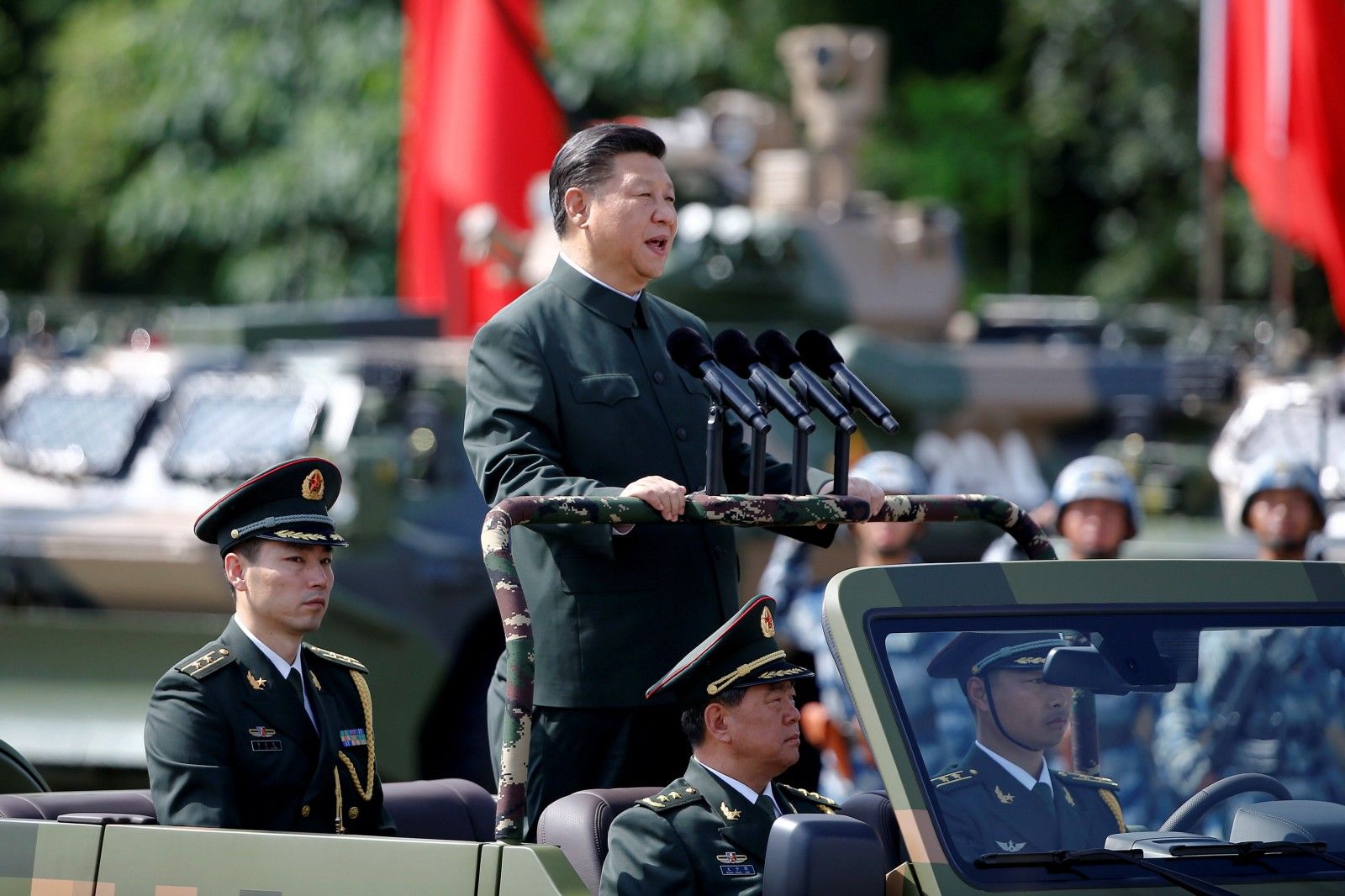China’s communist party has moved to eliminate presidential term limits, in a shock move that opens the way for President Xi Jinping to dominate Chinese politics for the next decade or more.
Since taking office five years ago, Mr. Xi has already amassed more power than any Chinese leader since Mao, and at last year’s party congress he pointedly broke with tradition by declining to anoint a successor. To be fair, it’s still not a lock that he’ll choose to stay in power after his current term ends in 2023. But why might he want to leave the door open to that possibility?
Consider: over the next ten years, we will learn the answer to two critical questions about China. On the international front, can China really become a superpower to rival the United States as Xi has pledged it will? And domestically, as China’s middle class grows, can the government continue to pull off the trick of wedding authoritarian politics to a market economy?
Xi may decide that the moment is too pivotal to leave it to anyone else, and perhaps he’s right. But if he sticks around, the challenge is this: the flipside of total power is total responsibility. If things get choppy in economic or geopolitical terms, both the public and the Party will have one man to blame, and the consequences of an internal rupture in China would be felt globally, and fast.
It’s a gamble. In film buff terms, call it the Godfather principle: once you go beyond two installments, the chance of things going horribly wrong increases exponentially.
